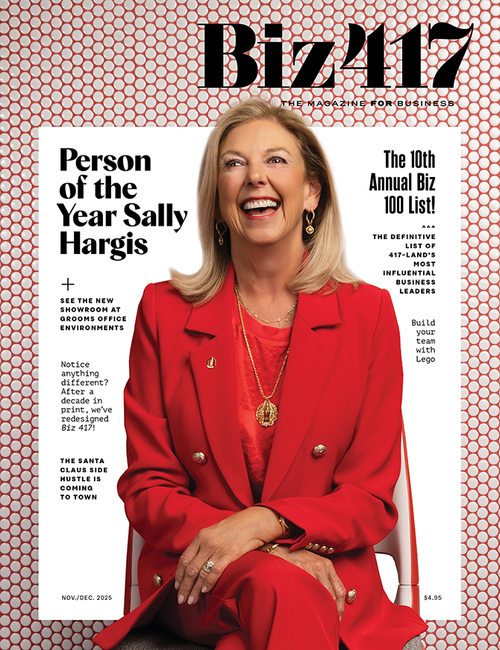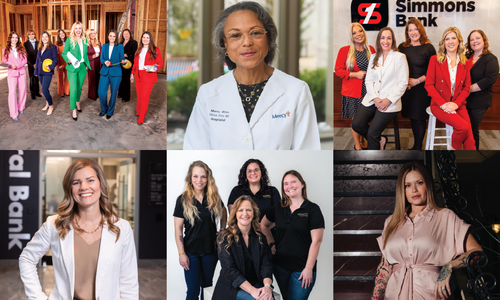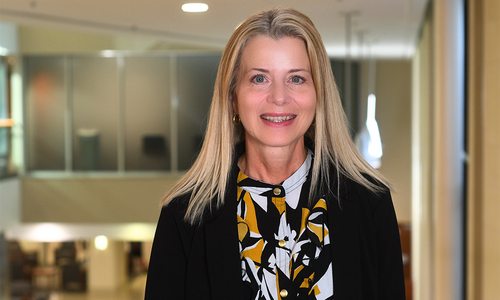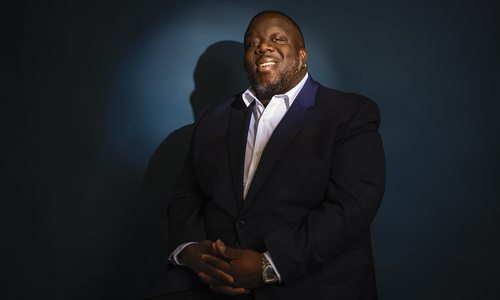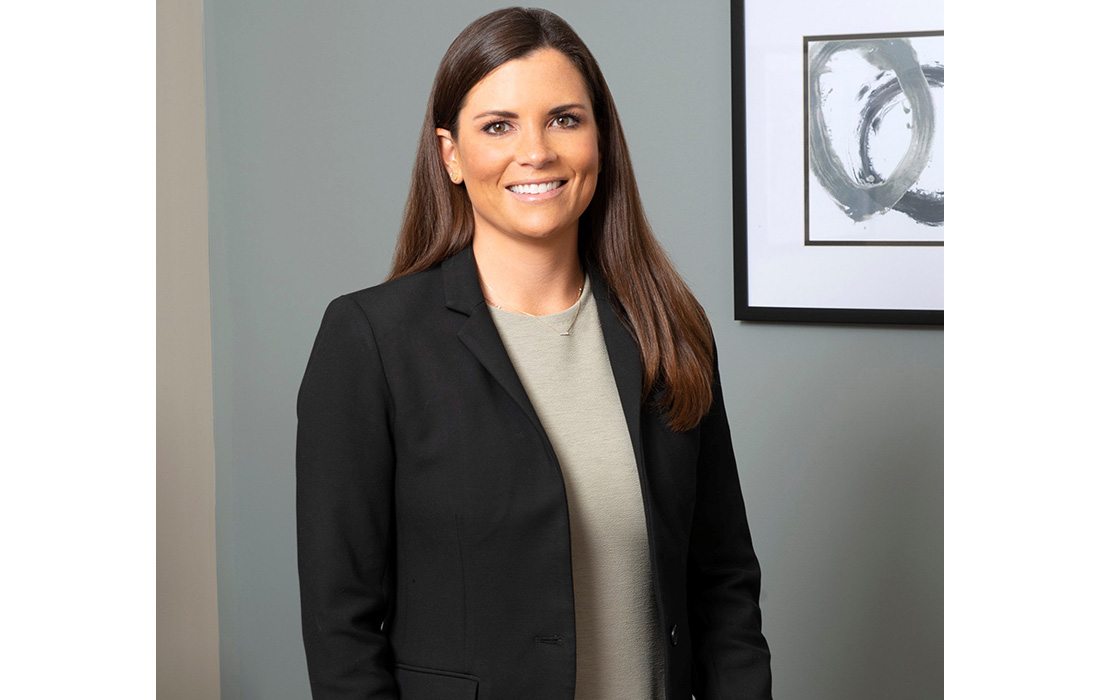
Culture
Building Connections and Embracing Mercy’s Culture with Taylor Warwick
Mercy’s COO Taylor Warwick touches on mentorship and adapting to a new work culture.
By Jordan Blomquist
Jan 2025

Mercy’s new Chief Operating Officer Taylor Warwick shares her journey of learning and integrating into Mercy’s deep-rooted culture and how mentorship, relationship-building and spirituality have shaped her leadership approach.
PRESENTED BY
Biz 417: Mercy’s deep-rooted culture plays a significant role in day-to-day operations. What aspects of this culture stood out to you the most when you first joined?
Taylor Warwick: When I think about Mercy’s culture, the first word that comes to mind is: welcoming. Whether it’s one of our front-line caregivers, one of our providers or someone in leadership, people want you to be successful, even if you haven’t been in Mercy before, like me. One of the aspects that I appreciated and was somewhat familiar to me was the spiritual component of Mercy’s culture. Mercy welcomes people of all backgrounds—we’re a catholic health system—but we incorporate spirituality and reflection in almost all our meetings. We start our meetings with a reflection and pause to center around why we’re here and what we’re called to do, which I’ve really appreciated and embodied coming to Mercy as a new leader.
Biz: Were there any pivotal moments early on that helped you feel more confident or comfortable in your role?
T.W.: The relationships and hitting the ground running getting to know the people—not just the people I work directly with, but our team of caregivers who serve our patients every day who I might not see as often. Spending some time rounding in our departments, really understanding where our access points are located within the community, working with our physician partners—I have been really intentional about building relationships and continuing to meet people.
Biz: What role did mentorship or peer support play in helping you navigate and embrace Mercy’s culture?
T.W.: Mentorship is something that has been pivotal to me throughout my career and journey in healthcare. Throughout my career and in this role, I find it helpful to bounce ideas off people who I know, trust and respect. I have several mentors—I’m fortunate in that way—both in my previous organization, from my master’s program and even through the American Hospital Association. I lean on those mentors for support and advice, especially with navigating a new role.
Biz: What advice would you give to someone stepping into a leadership role at an organization with such a strong cultural identity?
T.W.: At the beginning, asking the right questions is more important than having the answers. But also, plug in and spend a lot of time building relationships. The work is really important, obviously, but it’s just as important to build relationships so you can celebrate successes together. If you have the foundation built, when there comes a time when you have to make hard decisions or you’re going through challenges, it’s a lot easier to do with people who have a connection and foundation built with you.
Biz: How has adapting to Mercy’s culture influenced your leadership style or personal approach to team management?
T.W.: Back to the spirituality component, incorporating that reflection and moment of pause, whether it’s in every meeting or every day. Mercy sends out a prayer ministry-wide every morning, and I have found some intentional time at the end of the day to reflect on the message within the prayer and find a way to tie that to the work that I did that day or incorporate it in the teams I’m meeting with.
Biz: How has building connections within such a large health system helped you along the way?
T.W.: Mentorship has been incredibly important, but building a network within the organization can seem like a challenge in the beginning because the organization is so big. I think the benefit of being part of a health system as big as Mercy is we not only have community impact, but we have ministry resources that allow us to serve our patients better and a team to lean on as well. Whether that’s me connecting with a peer in Oklahoma or Arkansas or St. Louis, we have an internal network to rely on and a system of support around us.

